ACAP Saint John's 2023 Water Quality Report Card Summary
As we commemorate World Water Day 2024, it is a moment of reflection and celebration for us at ACAP Saint John. For over thirty years, our organization has been committed to monitoring and preserving the water quality in the Greater Saint John area. This year, we are proud to present our annual Water Quality Report Card, which encapsulates our findings and efforts in 2023.
Photo by Carla Rubi Valda Trujillo
Why is Water Quality Monitoring Important? Water is the lifeblood of our planet, supporting ecosystems, economies, and communities. The quality of our water is an indicator of our environmental well-being. In an era where environmental challenges are increasingly complex, monitoring water quality is more important than ever. It provides the data necessary to understand the health of our water bodies, identify potential threats, and inform effective management strategies.
Our methods include the assessment of biological, chemical, and physical properties of water, ensuring comprehensive insights into the impact of pollution and other human activities. Through diligent monitoring and research, we aim to offer solutions for current environmental challenges and foster a culture of sustainable water practices.
Highlights from the 2023 Water Quality Report Card: Our 2023 Water Quality Report Card reflects the dedication of our team and the support of our donors. This year, we expanded our monitoring efforts to over 30 freshwater sites across the Greater Saint John area. Our comprehensive analysis includes key indicators such as pH levels, dissolved oxygen, temperature, and the presence of contaminants.
Some of the notable findings from this year's report include:
· This year's WQI scores indicated that most sites in Saint John oscillated between occasional threats and frequent impairment, though no sites fell into poor health categories, and more locations had good water quality compared to the previous year, showing an encouraging trend of improvement.
· Despite overall progress, average measurements of phosphate and E. coli were above recommended guidelines at the majority of sites, signalling ongoing issues, particularly in Marsh Creek. High levels of these indicators suggest a continued influence of contaminants like sewage still affecting the watershed.
· Several sites showed significant improvement in water quality, thanks to targeted conservation efforts and community engagement.
As we move forward, the insights gained from our 2023 Water Quality Report Card will guide our actions and initiatives. We remain committed to working collaboratively with stakeholders, policymakers, and the community to safeguard our water resources. We are dedicated to advancing the health of our water bodies through science, education, and community partnerships. And today, we reaffirm our resolve to enhance the aquatic health of Saint John for the wildlife and people who depend on it.
On this World Water Day, we invite you to join us in this vital mission. Read our Water Quality Report Card, engage in local conservation efforts, and spread awareness about the importance of protecting our water bodies. Together, we can ensure a sustainable and healthy future for our waters and our community.
For more information on our water quality report card, visit our Water Quality Monitoring page.

